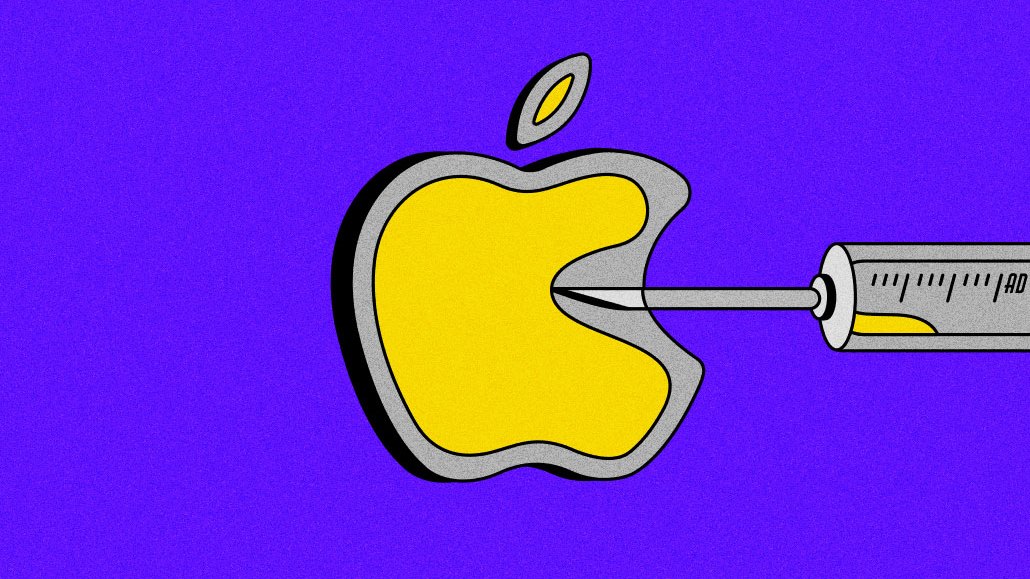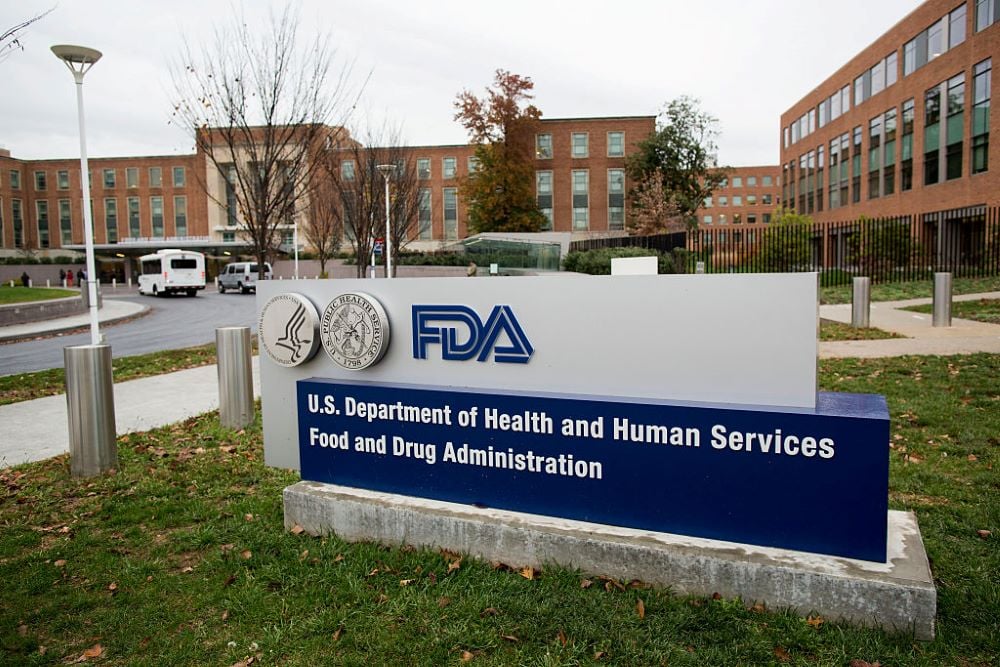OPDP Leadership Shake-Up Amid HHS and RFK Jr. Ad Ban Speculation
The top figures of the FDA’s Office of Prescription Drug Promotion (OPDP) have stepped down, as confirmed by Politico’s AgencyIQ. Director Catherine Gray and Deputy Director Mark Askine announced their departures to staff on Thursday, with their resignations taking effect the following day. This revelation was first reported by Alexander Gaffney of AgencyIQ through sources within the office.
With the leadership void at OPDP, speculation mounts about Robert F. Kennedy Jr., the Secretary of the Department of Health and Human Services (HHS), potentially advancing his longstanding goal of banning pharmaceutical advertisements. By influencing FDA Commissioner Marty Makary, M.D., Kennedy might strategically appoint individuals opposing direct-to-consumer drug marketing to fill these critical leadership roles.
Fierce Pharma Marketing reached out to HHS for comments regarding the resignations and potential alignment with Kennedy’s ad ban aspirations but has not received a response yet.
Related Concerns
Kennedy has publicly voiced his opposition to prescription drug advertising long before assuming his current position as HHS Secretary. During his presidential campaign last year, he pledged to issue an executive order to eliminate TV drug ads on his first day in office. Although he later withdrew from the race and endorsed President Donald Trump, Kennedy remained committed to collaborating with Trump to halt drug commercials.
Others in the government show support for the potential ban. After a social media post suggested that pharmaceutical ads contributed to the decline of creative commercials in the U.S., Elon Musk, a close advisor to Trump, echoed, “No advertising for pharma.” Furthermore, Brendan Carr, nominated by Trump to head the Federal Communications Commission, mentioned in an interview the possibility of phasing out drug commercials, drawing parallels to the 1970s ban on cigarette advertising during Nixon’s presidency.
Nonetheless, no formal ban on drug ads has been proposed by the HHS or the president to date. Implementing such a ban would entail significant legal challenges, as previous court rulings have reinforced First Amendment rights for advertising speech.
Related Developments
The OPDP operates under the FDA’s Center for Drug Evaluation and Research, responsible for approving marketing materials for FDA-approved drugs, monitoring promotional activities, and addressing complaints about misleading advertising.
Recently, the OPDP faced significant impacts from sweeping layoffs at the HHS, affecting its research, policy, and legal teams. The Politico report highlights that among the early April layoffs was the entire staff of the Division of Promotion Policy, Research and Operations, including Director Kathleen David and Deputy Director Amy Muhlberg.
Amy Muhlberg confirmed on LinkedIn that she and her entire division were subject to reduction-in-force orders on April 1. Since then, she regularly highlights the work of her former OPDP colleagues, including researchers and regulatory counsels, noting that they are seeking new roles.
Stay updated on this developing story by following martechtrend.com for the latest insights into marketing trends and industry disruptions.
Note: This article is inspired by content from Fierce Pharma and has been rephrased for originality. Images are credited to the original source.











Leave a Reply